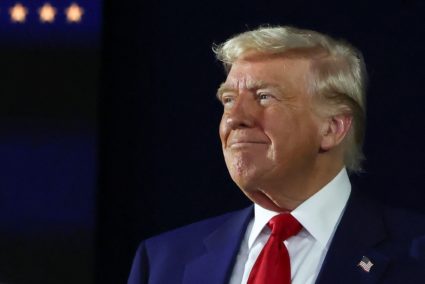Mohsen Mahdawi: Columbia Student Activist’s Release and Ongoing Impact

Mohsen Mahdawi’s name has become a symbol of student activism and the ongoing debate around free speech on American campuses. In April 2025, this Palestinian student leader at Columbia University captured national attention when he was arrested by immigration officials during a U.S. citizenship interview. Just weeks later, a federal judge ordered his release, triggering discussions about both his activism and the government’s handling of his case.
Who is Mohsen Mahdawi?
Mohsen Mahdawi was born in a refugee camp in the Israeli-occupied West Bank. He moved to the United States in 2014 and became an outspoken advocate for Palestinian rights. While studying at Columbia University, Mahdawi co-founded the Palestinian Student Union. He led several peaceful demonstrations opposing the war in Gaza, cementing his position as a prominent student organizer.
The Arrest and Controversy
In mid-April 2025, U.S. Immigration and Customs Enforcement agents detained Mohsen Mahdawi during an appointment related to his citizenship status. According to legal filings reviewed by CNN, the government argued that his presence could have “serious adverse foreign policy consequences.” Many critics questioned whether his detention was, in fact, a reaction to his visible activism on campus.
Legal experts and Mahdawi’s supporters expressed concerns about the broader implications for student activists. The case highlighted tensions between national security considerations and civil liberties, especially for foreign-born students in the U.S. For more details on the legal complexities, see CNN’s coverage.
Judge Orders His Release
Public pressure and advocacy by human rights groups played a role in Mahdawi’s case. On April 30, 2025, a U.S. District Judge in Vermont declared that Mohsen Mahdawi must be released from detention. As reported by PBS NewsHour, the judge’s ruling brought hope to supporters worried about the consequences of political activism for non-citizens. This high-profile decision was also covered in The New York Times, which explored the broader impact on student movements at Columbia and across the country.
Student Activism and Ongoing Influence
Mohsen Mahdawi’s impact is felt beyond his own legal battle. He has inspired a wave of student protests that demand greater awareness of humanitarian crises and call for academic institutions to uphold freedom of speech. Mahdawi recently completed coursework at Columbia and looks forward to advancing his studies, furthering his commitment to advocacy and education.
The case underscores the complexities facing international students who stand up for their beliefs in the U.S. It also reinforces the importance of due process and robust legal protections for everyone, regardless of their background.
Conclusion
Mohsen Mahdawi’s story is a testament to the power of student activism and the significance of legal advocacy in the face of adversity. As students and advocates nationwide watch closely, his journey continues to shape conversations about civil rights and campus activism in America. To learn more about this unfolding story and its broader implications, visit reporting from CNN and The New York Times.